Thousands protest in Georgia over contentious ‘foreign agent law’
Police use tear gas and stun grenades to disperse those demonstrating against ‘Kremlin-inspired’ crackdown
A free daily email with the biggest news stories of the day – and the best features from TheWeek.com
You are now subscribed
Your newsletter sign-up was successful
Thousands have taken to the streets in the Georgian capital of Tbilisi after the country’s parliament passed the first reading of a controversial draft law which campaigners say will put limits on press freedom and suppress civil society.
Georgian civil activists and opposition representatives “blocked both entrances to the parliament building”, said the Daily Telegraph, chanting: “No to Russian law!” “Russians!” and “Slaves!”
Police “used tear gas and stun grenades” during a clash with demonstrators, “some of whom threw petrol bombs and stones”, reported France24.
The new legislation “has been described as ‘Kremlin-inspired’ because it is strikingly similar to a 2012 law adopted by Russia that allows authorities to crack down on NGOs, media outlets and others deemed ‘foreign agents’”, added the Telegraph.
Historically, “the term ‘agent’ in Russia and Georgia has the meaning of ‘spy’ and ‘traitor’, giving a negative connotation to the work done by civil society”, said the BBC. “It suggests they are acting in the interest of foreign forces rather than doing good for the country and society,” added the broadcaster.
The two bills, on the “transparency of foreign agents” and the “registration of foreign agents”, were submitted to parliament by the openly anti-Western People’s Power movement, a close ally of the governing Georgian Dream party.
Before parliament passed the legislation, Georgian Prime Minister Giorgi Garibashvili reaffirmed his support for the law, saying the proposed provisions on foreign agents met “European and global standards”.
But the bill has been widely condemned by international observers as an “act of sabotage to Georgia’s EU candidacy aspirations” and an attack on freedom of speech, “stoking concern that it will lead to crackdowns on civil liberties similar to that in Russia”, said Radio Free Europe.
Georgia applied for EU membership, together with Ukraine and Moldova, in the days after Russia invaded Ukraine.
The US embassy in Georgia called the legislation “Kremlin-inspired” with the US state department spokesman Ned Price, saying the draft legislation would be a tremendous setback and “would strike at some of the very rights that are central to the aspirations of the people of Georgia”.
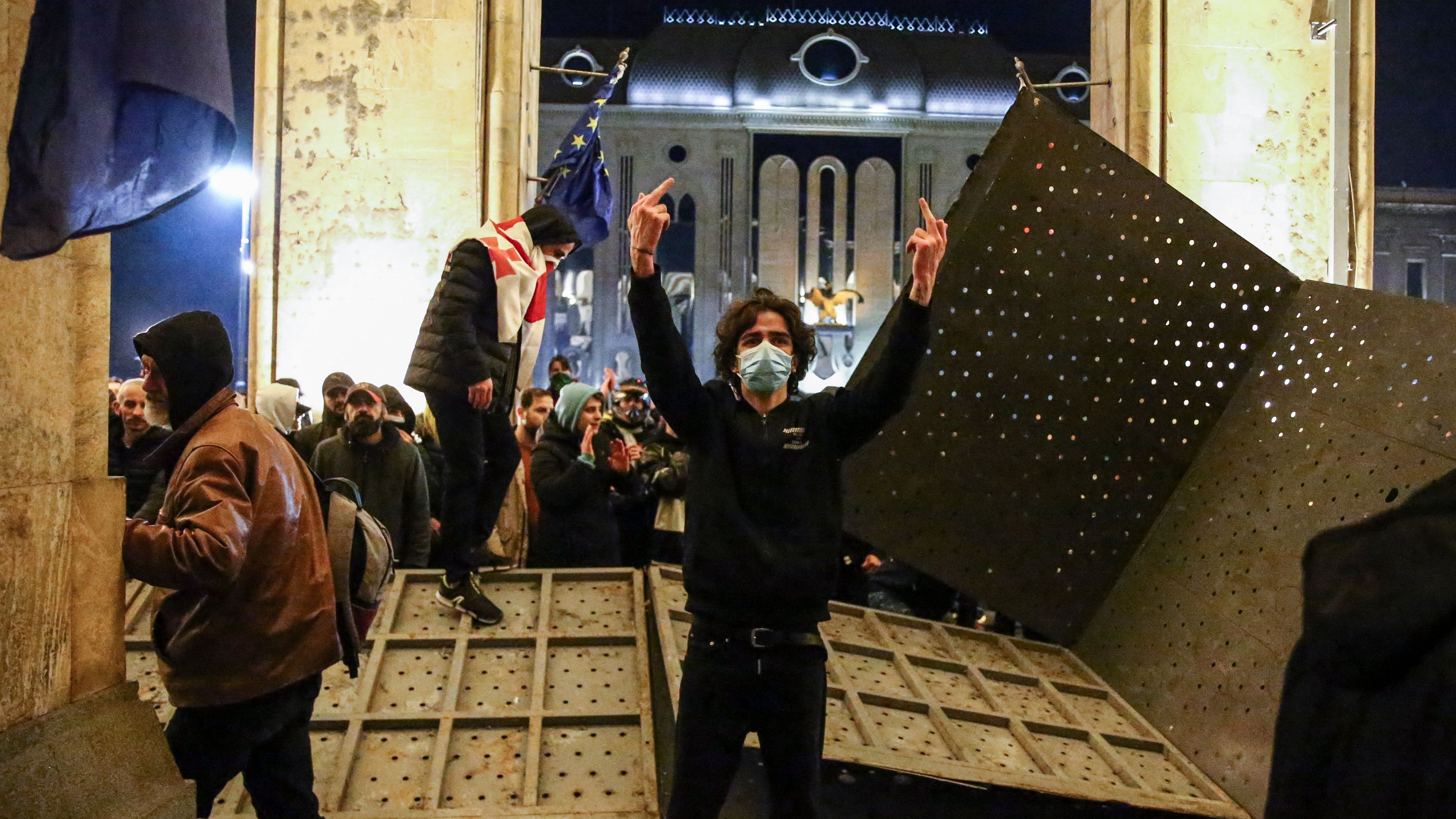
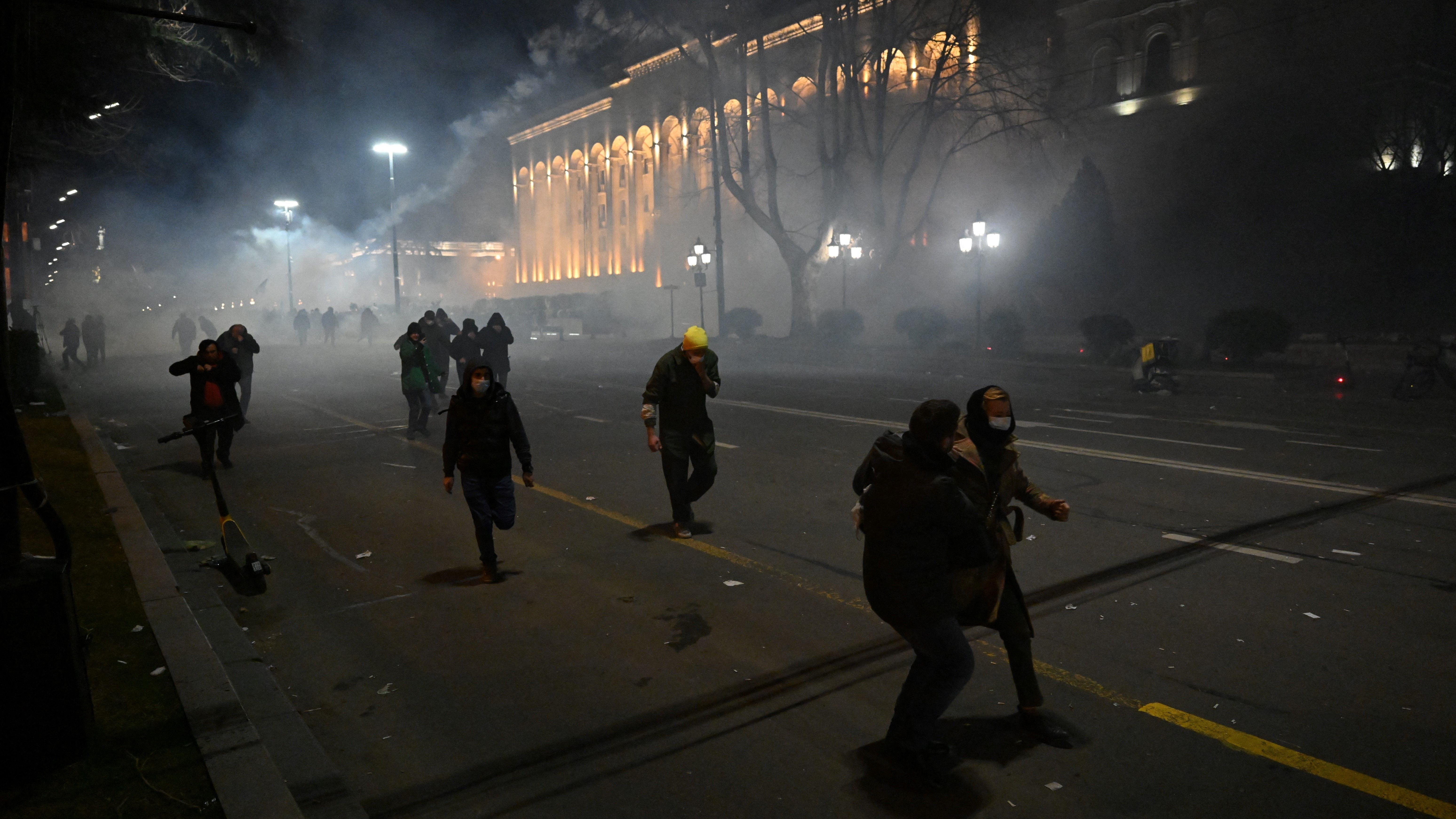
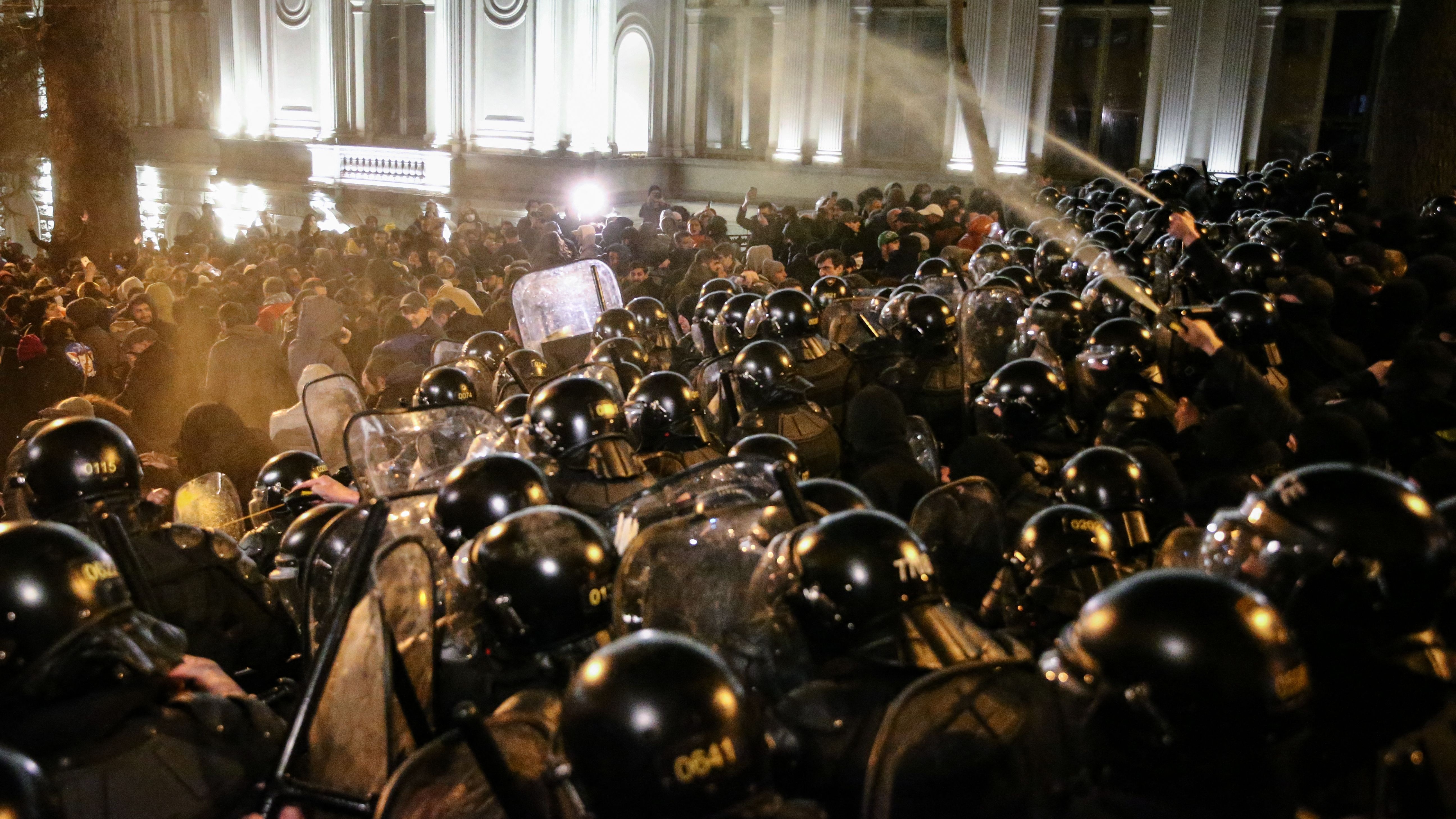
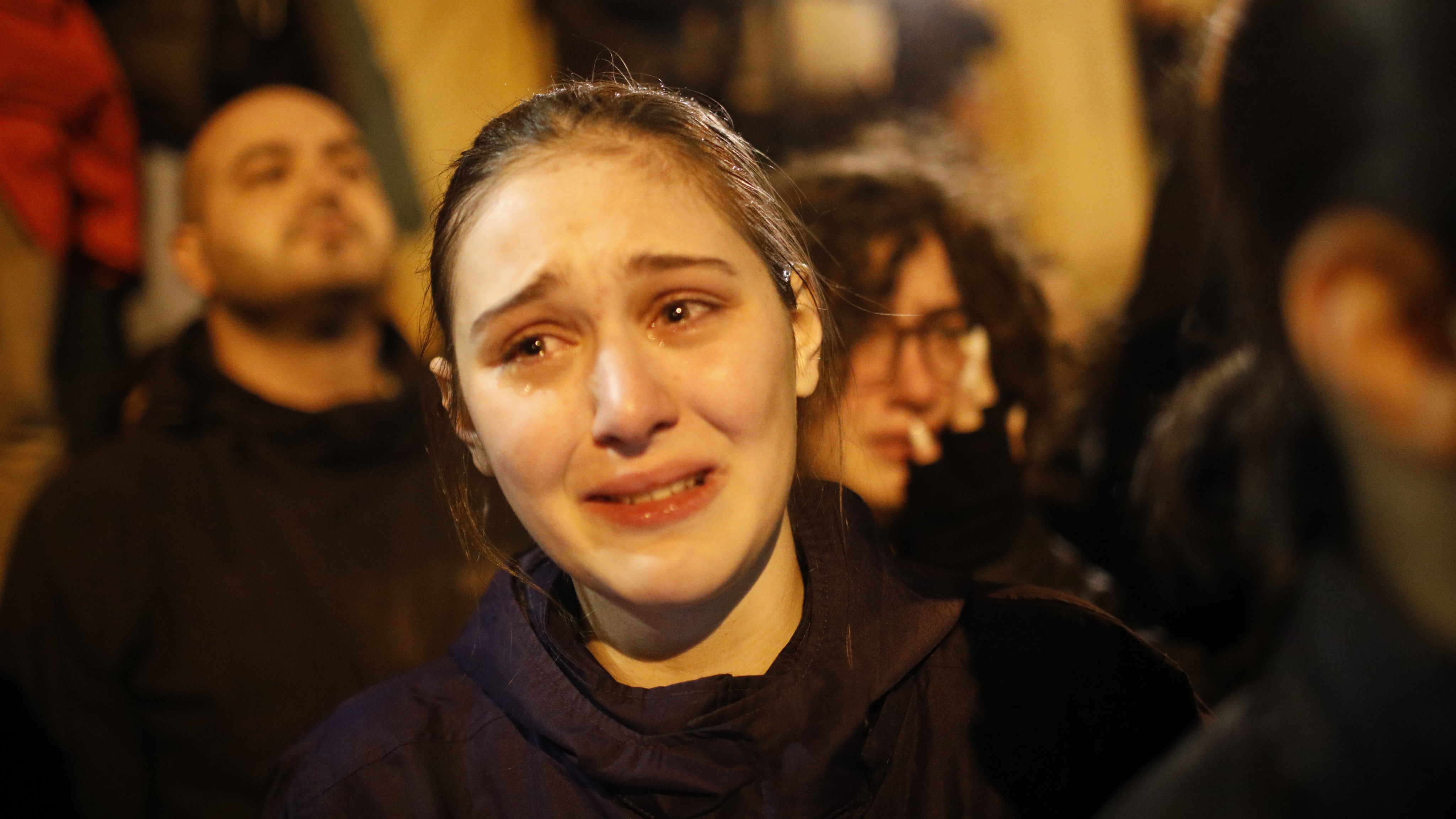
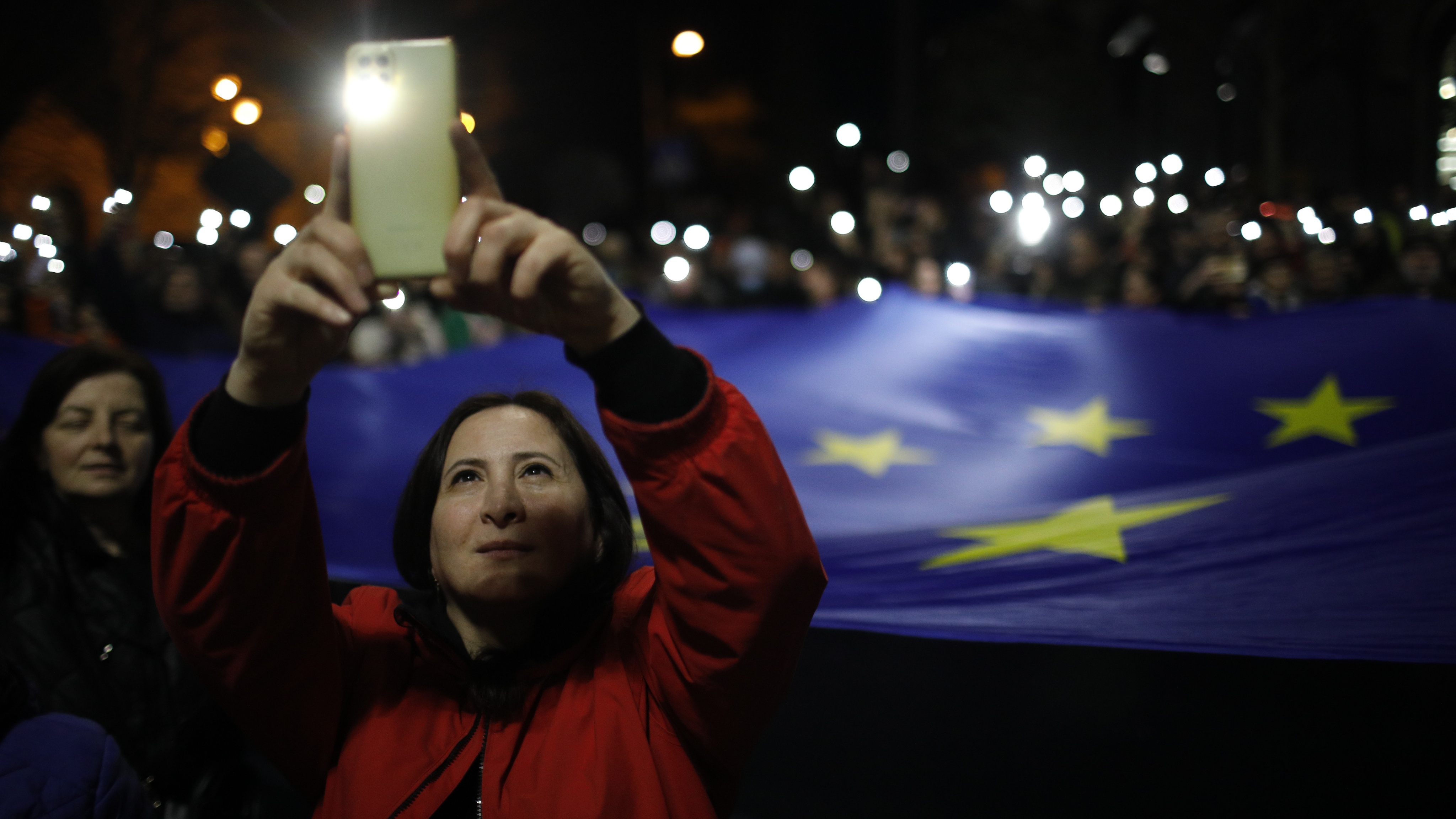
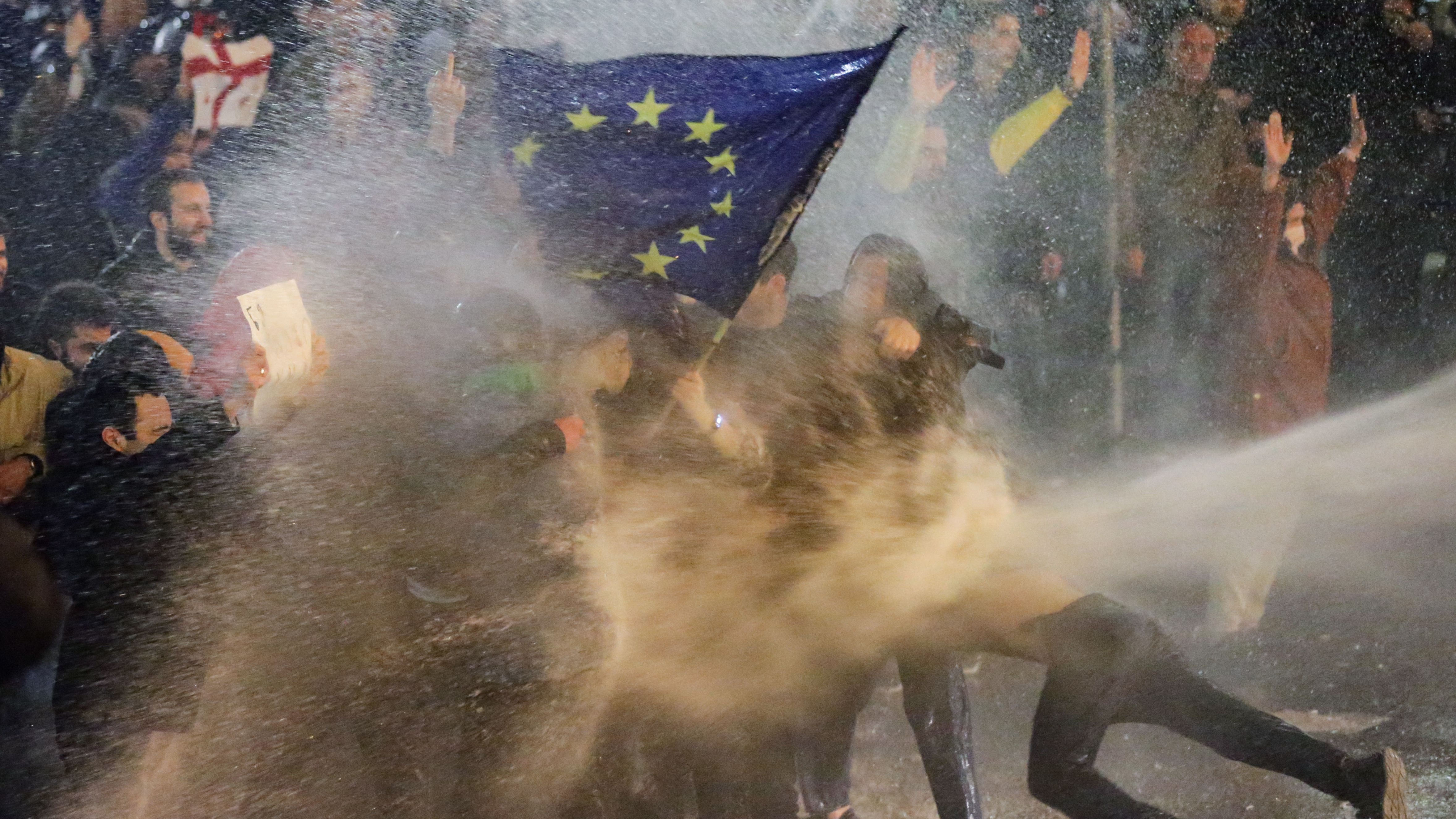
A free daily email with the biggest news stories of the day – and the best features from TheWeek.com
Jamie Timson is the UK news editor, curating The Week UK's daily morning newsletter and setting the agenda for the day's news output. He was first a member of the team from 2015 to 2019, progressing from intern to senior staff writer, and then rejoined in September 2022. As a founding panellist on “The Week Unwrapped” podcast, he has discussed politics, foreign affairs and conspiracy theories, sometimes separately, sometimes all at once. In between working at The Week, Jamie was a senior press officer at the Department for Transport, with a penchant for crisis communications, working on Brexit, the response to Covid-19 and HS2, among others.
-
 What to know before filing your own taxes for the first time
What to know before filing your own taxes for the first timethe explainer Tackle this financial milestone with confidence
-
 The biggest box office flops of the 21st century
The biggest box office flops of the 21st centuryin depth Unnecessary remakes and turgid, expensive CGI-fests highlight this list of these most notorious box-office losers
-
 What are the best investments for beginners?
What are the best investments for beginners?The Explainer Stocks and ETFs and bonds, oh my